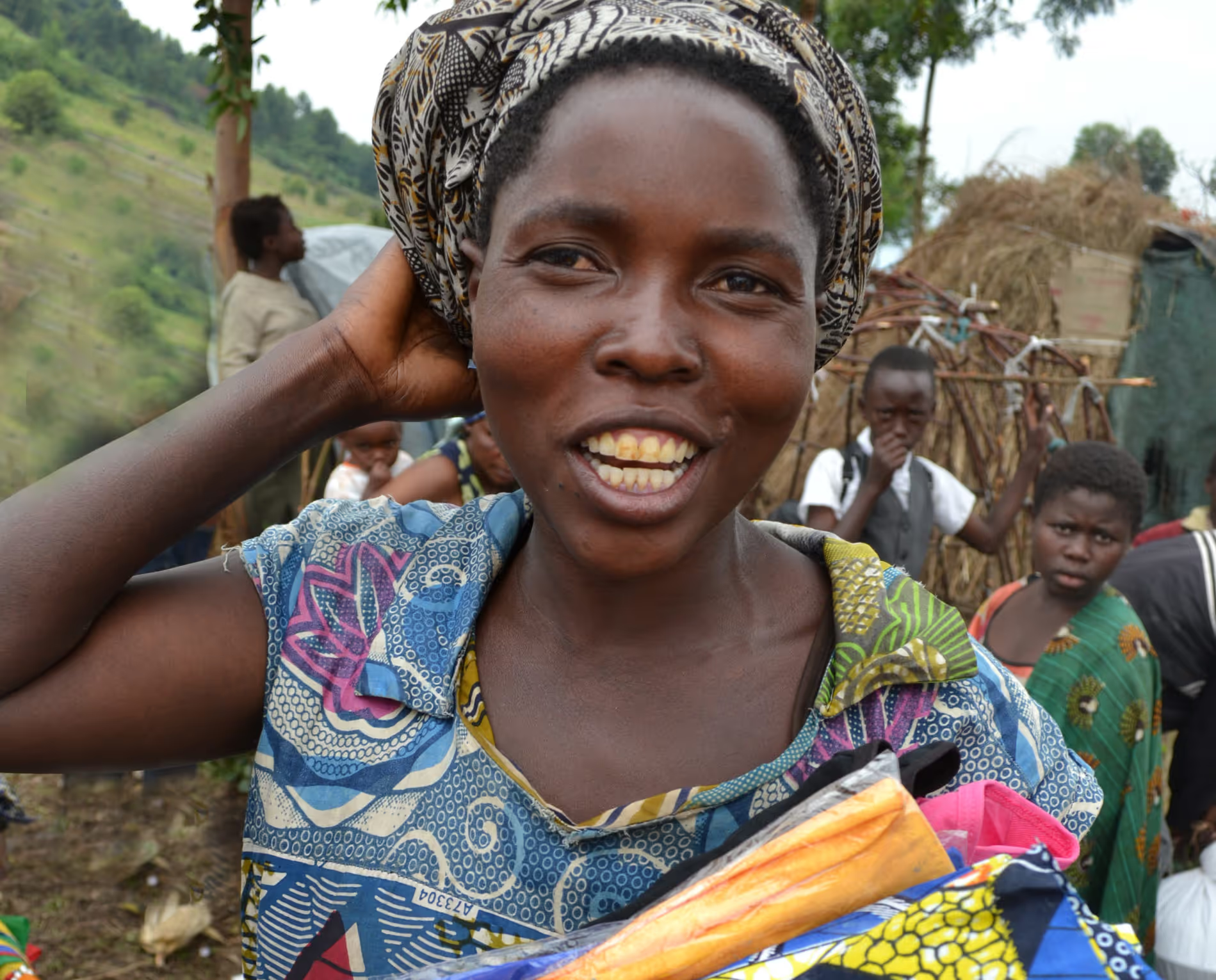Understanding the menstrual hygiene management challenges facing displaced girls and women: findings from qualitative assessments in Myanmar and Lebanon
UKHIH Publication
M. Schmitt, D. Clatworthy, R. Ratnayake, N. Klaesener-Metzner, E. Roesch, E. Wheeler, M. Sommer
16
October
2017
Output type
Journal article
Location
No items found.
Focus areas
No items found.
Topics
Sexual and Reproductive Health
Programme
Humanitarian Research
Organisations
No items found.

There is a significant gap in empirical evidence on the menstrual hygiene management (MHM) challenges faced by adolescent girls and women in emergency contexts, and on appropriate humanitarian response approaches to meet their needs in diverse emergency contexts. To begin filling the gap in the evidence, this study was conducted in two diverse contexts (Myanmar and Lebanon), exploring the MHM barriers facing girls and women, and the various relevant sectoral responses being conducted (e.g. water, sanitation and hygiene (WASH), Protection, Health, Education and Camp Management).
No items found.
Attachments
Other resources
explore all resources
Research and innovation priorities for adapting humanitarian WASH to climate change
Doing What Matters in Times of Stress: An Illustrated Guide
Barriers and Facilitators of Access to and Use of Post-abortion Care Services: International Medical Corps-supported Sharana Hospital in Paktika Province, Afghanistan